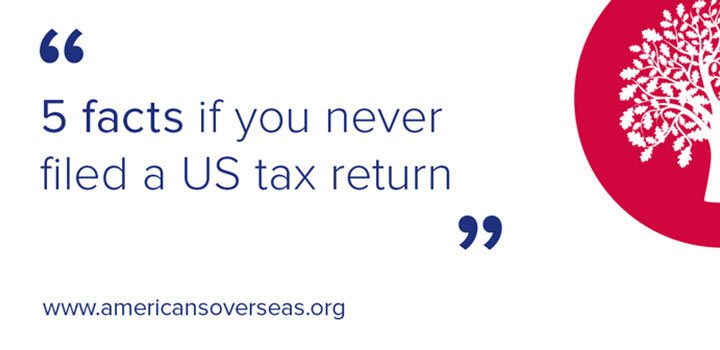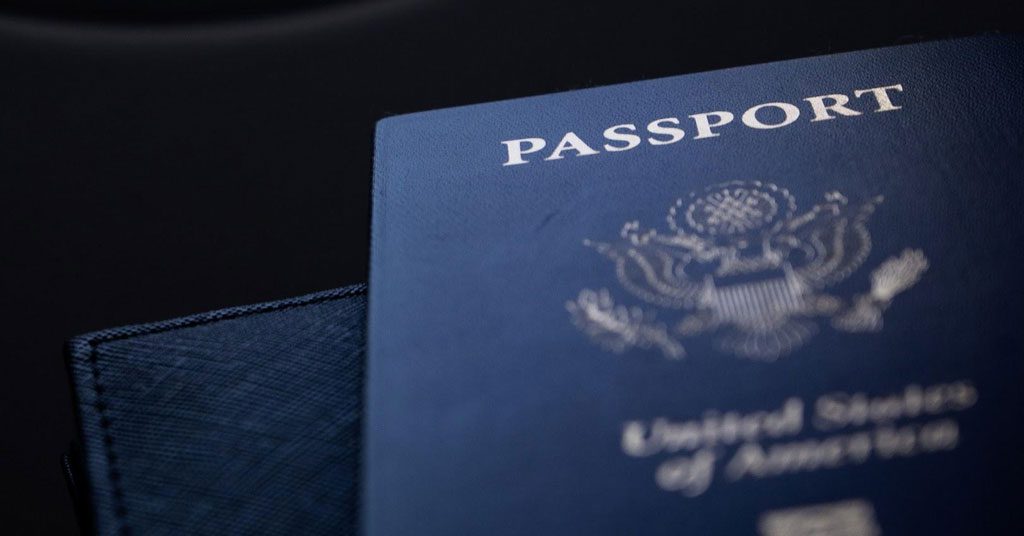
NOS: new relief program for US persons living in Europe

According to Dutch public broadcaster NOS, the IRS announced a new relief program for Americans who live here but still have to declare taxes in America.
American Dutch can easily renounce their American citizenship, announced the Dutch State Secretary Snel for Finance.
Relief program for US persons living in Europe
US citizens are taxable in the United States, even if they have never lived in the US before. This double tax liability has been causing problems for some time.
The new voluntary disclosure program “Relief Procedures for Certain Former Citizens” offers a solution.
Dutch banks are now even threatening to close their current accounts if these American Dutch customers do not submit a US tax number/SSN before 1 October 2019.
The FATCA law requires financial institutions to report data from account holders to the IRS with a Social Security Number every year. Unless the customer can hand over a so-called CLN (Certificate of Loss or Nationality of the United States) to the bank.
In order to make it easier to renounce their American citizenship, a relief program has now been announced to obtain a CLN and to be able to submit the required tax return,
Procedure step in the right direction
Daan Durlacher from Americans Overseas: “And that is good news in itself, a step in the right direction, let me put it that way. What we are advising people to do now is to make a quick decision: Do I want to get rid of it or not? There will undoubtedly be a group that doesn’t want that at all. If you plan to renounce your American citizenship, this is the moment.”
The new relief procedure/amnesty program makes it easier for people with dual nationality to renounce their American citizenship.
Some advantages * of this new transition / voluntary disclosure scheme:
- No SSN / TIN is required to file tax returns.
- Exempted from paying tax (if under $ 25,000)
- File your tax-free of penalties for not filing before
- After receiving the Certificate of Loss of Nationality (CLN), the proof of renouncing, your bank no longer needs your SSN / TIN
* In addition to the benefits, there are also conditions to this procedure. Contact Americans Overseas for further information without obligation.
Need more information on the new relief program for US persons?
We, the founders of Americans Overseas, were born in the Netherlands and obtained our American nationality through our (American) mother.
When we heard about the US tax system for the first time around 2013, we were in total disbelief (it can’t be true!), anger (how can they do this?), fear (am I going to get fined or pick up other problems?), and panic (what should I do?). It is (unfortunately) true that there is an additional American tax levy. But there’s no information from the local government, and when approached, the consulate referred us to the IRS, and the IRS was impenetrable.
That’s why we started this initiative to help people from all over the world by providing proper information about the US tax system to avoid unnecessary panic and offering help free of obligation and free of charge. If needed, we have a network of affordable professionals (accountants) who can help you with your tax obligations.
If you have more questions about the new relief program for US persons you can contact us at Americans Overseas.
Contact us for more information
Source: NOS
Frequently asked questions
Understanding the US tax system, the obligations, and all the additional terms can be difficult. Especially if one lives outside of America. Is your question not answered? Contact us.
-
Who is required to file taxes in the US?
U.S. citizens and resident aliens who live abroad are generally required to file a federal income tax return and pay taxes on their worldwide income.
Read more... about Who is required to file taxes in the US? -
Do US citizens living abroad still have to file taxes in the US?
Yes, US citizens are required to file taxes on their worldwide income, regardless of where they are living.
Read more... about Do US citizens living abroad still have to file taxes in the US? -
How can I cash my US check?
Received an American check? You can cash your check in the following ways: cash the check at your own bank, transfer to another person (endorsement), cash checks using an online service or cash the check by another bank.
Read more... about How can I cash my US check? -
Are there any special tax forms required for US citizens living abroad?
US citizens living abroad may be required to file Form 2555 and/or Form 1116 to claim the foreign-earned income exclusion.
Read more... about Are there any special tax forms required for US citizens living abroad? -
What is FBAR filing?
FBAR (Foreign Bank Account Report) filing is the requirement for certain U.S. individuals and entities to report their foreign financial accounts to the Financial Crimes Enforcement Network (FinCEN) of the U.S. Department of Treasury. The FBAR filing requirement applies to U.S. persons who have a financial interest in, or signature authority over, one or more foreign financial accounts if the aggregate value of those accounts exceeds $10,000 at any time during the calendar year.
Read more... about What is FBAR filing?





